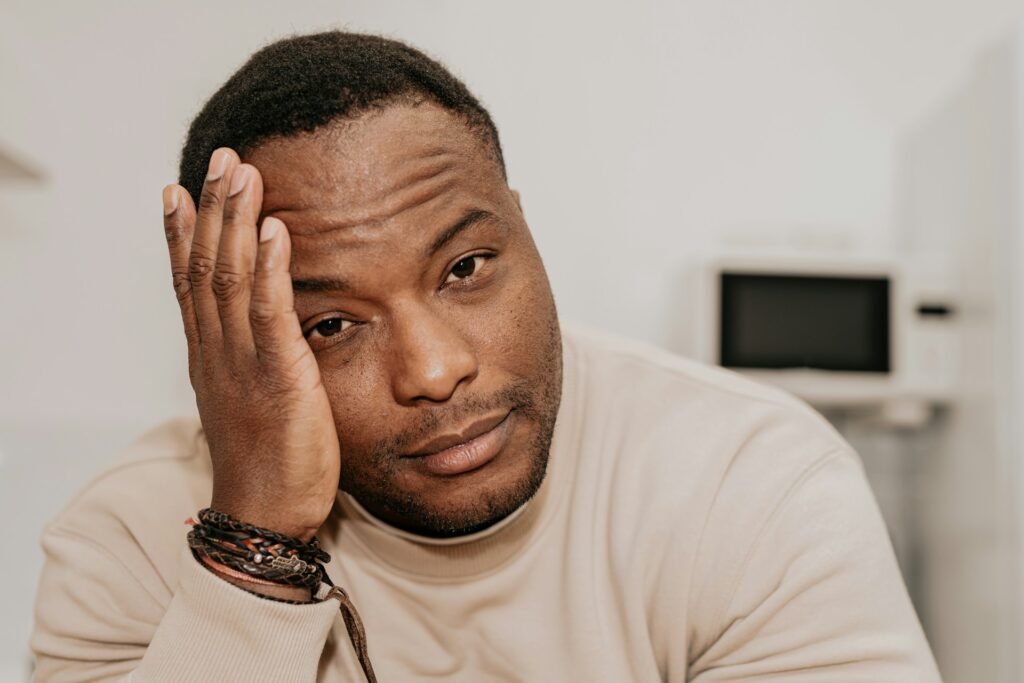Stress creeps in fast when you’re constantly trying to do everything, be everything, and stay ten steps ahead.

However, what if the real solution isn’t pushing harder—it’s pulling back? Sometimes doing less doesn’t mean you’re falling behind. It means you’re finally stepping out of survival mode and into something that actually supports your wellbeing. Here’s why slowing down might be the smartest way to handle it all.
1. Rest isn’t a reward—it’s part of the process.

It’s easy to get stuck in the idea that rest is something you have to earn. Of course, that belief just keeps you locked in a loop of burnout. Rest isn’t optional or selfish—it’s fuel. If you’re constantly waiting until everything’s done to relax, you’ll never stop. The truth is, doing less on purpose can actually make space for more clarity, better decisions, and fewer breakdowns. Slowing down isn’t giving up, you know. It’s choosing to protect your energy before it gets wiped out.
2. Trying to do everything perfectly just adds pressure.

Perfectionism often feels productive, but it’s really just a stress magnifier. When every task has to be done “right,” your to-do list becomes overwhelming. Even simple things start to feel like high-stakes challenges. Letting go of the idea that everything needs to be flawless helps lower the pressure immediately. You don’t have to get everything perfect to move forward. Sometimes “done” is more peaceful than “perfect.”
3. You’re not supposed to carry it all alone.

One major stressor people don’t talk about enough is the silent pressure to be entirely self-sufficient. When you feel like asking for help is a weakness, you end up exhausted before the day even begins. Doing less often starts with letting someone else step in. Whether it’s delegating, venting, or just not pretending everything’s fine, lightening your emotional load matters. Connection isn’t a luxury—it’s part of what helps you stay grounded when life gets heavy.
4. Multitasking makes you feel busier, not better.

Juggling too many things at once gives the illusion of progress, but it usually just leads to mental clutter. Your brain gets pulled in five directions, and none of them get your full attention. It’s overstimulation disguised as productivity. Doing less doesn’t mean doing nothing; it means doing one thing at a time with more presence and less panic. Focused effort beats scattered hustle every time.
5. Boundaries create breathing room.

Stress builds fast when your time and energy are available to everyone else but you. Without clear boundaries, even the smallest requests can start to feel like heavy demands. Saying yes to everything is a guaranteed way to burn out. Doing less often means protecting your own time like it matters, because it does. It’s not about being difficult or unavailable. It’s about deciding what you’re not willing to sacrifice just to keep the peace.
6. Busyness isn’t the same as purpose.

Being constantly busy can feel satisfying in the moment—it keeps your hands moving and your mind distracted. But over time, that constant motion starts to feel empty. You’re exhausted, but not necessarily fulfilled. Doing less creates space to ask bigger questions: What’s actually important to me? What’s draining me for no reason? When you stop filling every minute, the answers have room to show up.
7. You’re allowed to take breaks without “earning” them.

You don’t need to hit a milestone or tick every box before you take a breather. If you wait for the perfect time to rest, you’ll be waiting forever. Stress feeds on that idea that you have to prove your worth through constant motion. Stepping back, even for a moment, isn’t slacking off. It’s resetting your nervous system. The sooner you normalise that, the easier it becomes to function without running on fumes.
8. Slowing down helps you actually feel your feelings.

Constant busyness can be a shield. When you’re always doing, there’s no time to feel. However, that avoidance catches up with you eventually, and when it does, it usually brings anxiety, irritability, or full-on emotional burnout. Doing less makes room to actually process what’s going on. It gives your mind space to catch up with your body. That pause is often what turns stress into clarity.
9. Doing less lets your nervous system catch its breath.

Stress isn’t just in your head—it lives in your body. And when you’re constantly moving, reacting, or bracing for the next thing, your nervous system never really shuts off. It’s exhausting to live in fight-or-flight mode 24/7. Doing less helps you downshift into a calmer, more grounded state. You start sleeping better, thinking clearer, and feeling more like yourself again. It’s not laziness; it’s regulation.
10. The pressure to “keep up” is often made up.

So much stress comes from invisible deadlines and expectations that no one actually set. Social pressure, comparison, fear of falling behind—it all adds urgency to things that might not be urgent at all. Doing less lets you question where those expectations even came from. Are they real? Do they matter to you? Once you start asking, you often realise you’ve been sprinting toward things you don’t even want.
11. You can’t access clarity when your brain is cluttered.

When everything feels urgent, it’s hard to tell what’s actually important. Your thoughts race, decisions feel impossible, and you start spiralling into worst-case scenarios. Doing less gives your mind space to settle so you can actually hear yourself think. That clarity doesn’t show up in the middle of a to-do list panic. It shows up in the quiet moments when you slow down long enough to notice what you’ve been ignoring.
12. Saying no can be a form of self-care.

One of the hardest parts of doing less is disappointing people. But constantly saying yes out of guilt or fear is a fast track to resentment and burnout. “No” isn’t rude; it’s honest. It’s how you protect what matters most. Learning to say no with less apology and more conviction is a skill that lowers stress in a huge way. It gives you space to show up for the things that are actually worth your energy, without stretching yourself thin.
13. Peace often starts with subtraction, not addition.

When life feels overwhelming, the instinct is to add something—another routine, another goal, another fix. But sometimes peace comes from what you stop doing. It’s not always about finding more solutions; it’s about removing the noise that’s making it hard to breathe. Doing less can feel uncomfortable at first. But over time, it teaches you that your value doesn’t come from your output. It comes from how well you honour your limits, your time, and your peace.


